Britain has long been renowned as a nation of animal lovers, which should explain the recent outpouring of public support for TB-stricken alpaca Geronimo and the Afghan cats and dogs rescued from the Taliban by ex-Royal Marine Paul “Pen” Farthing.
Backed by a vocal social media following, Operation Ark – as Farthing’s bid to evacuate his menagerie was dubbed – ultimately proved a success, with a chartered plane landing in the UK over the weekend.
The success of the operation came despite criticism from some quarters that the campaign had prioritised stray cats and dogs over the thousands of Afghans with links to western powers who had failed to escape Kabul.
Defence secretary Ben Wallace was even more forthright. He hit out at the bullying and abuse some of his officials had faced from Farthing and his supporters by lamenting how the UK’s evacuation plans had been “diverted” from saving some people due to “inaccurate stories” about the rescue mission.
Farthing, for his part, ultimately apologised for using “incredibly embarrassing language”, which included threatening to “destroy” a Whitehall official for obstructing his plans.
But at the end of the day, his actions got the job done. And it will be interesting to see if the meat sector’s bid to transplant concerns over animal welfare into the HGV crisis has the same effect on government policy.
As The Grocer reported last week, a new report commissioned by the NFU (and backed by 11 other major trade bodies) revealed more than half of all current job vacancies in the UK were in sectors related to the food and drink industry.
Despite this startling statistic and ongoing coverage of the crisis in The Grocer and across the British media, the stock answer from government to what threatens to be a bleak midwinter of food shortages is to stick its head in the sand.
Undeterred by government apathy, the report’s authors last week floated the idea of a 12-month Covid-19 recovery visa to address the workforce shortages crippling the supply chain.
“It is simplistic to argue the end of furlough will see many more people meeting this shortfall,” said NFU vice president Tom Bradshaw.
“Furloughed workers are concentrated in urban areas and not where many agri-food roles are located. A solution to this crisis will need the right people with the right skills and training available in rural areas where many roles are based.”
The group will be hoping for the Home Office to respond at some point this week. But given its press office had not heard of this initiative when approached by The Grocer this morning (and was still to respond at the time of publication), it may be a long wait.
Which brings us back to animal welfare, and warnings by the National Pig Association that labour shortages in the pig supply chain were creating an estimated backlog of 70,000 pigs on UK farms, growing at a rate of 15,000 a week.
This isn’t the first time the NPA has warned of the perilous impact supply chain issues can have on throughput and animal welfare. It warned last December that Brexit border chaos was creating a backlog of 40,000 animals on farms.
But what’s different this time is that farmers and the NPA are explicitly warning no progress on the labour crisis will mean it may soon have to take the nuclear option and start a cull.
“If government doesn’t take action, perfectly healthy pigs will end up being destroyed and wasted,” warned NPA CEO Zoe Davies. And given the labour issues other parts of the meat sector are also facing, it wouldn’t be a surprise to see others make similar warnings in the weeks to come.
The government and home secretary Priti Patel have made it abundantly clear that a post-Brexit UK will no longer be reliant on so-called “low-skilled and cheap labour”.
And it’s not as if the food sector doesn’t get that argument, with British Meat Processors Association CEO Nick Allen saying “we understand longer term that we all have to adapt” last week as he pleaded for “a quick fix” in the short term to keep supply chains moving.
The question now is – faced with an ideological win or the sight of perfectly healthy animals on smouldering pyres – which option will government take?







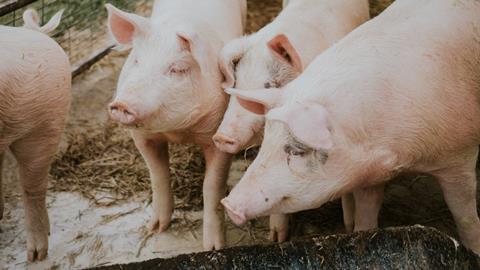
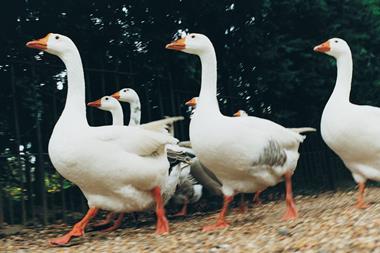
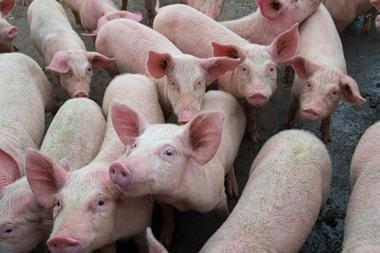
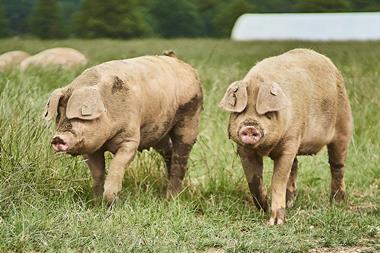
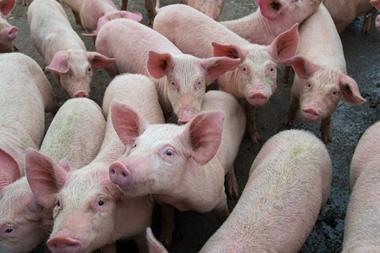
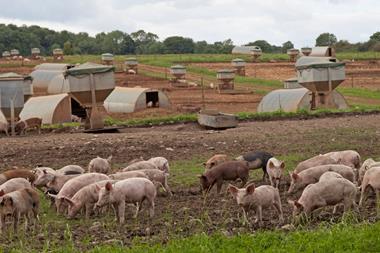
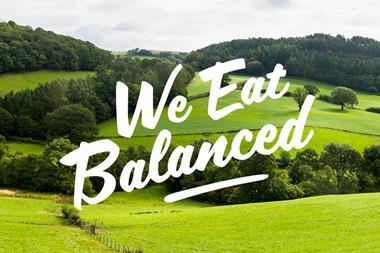






No comments yet